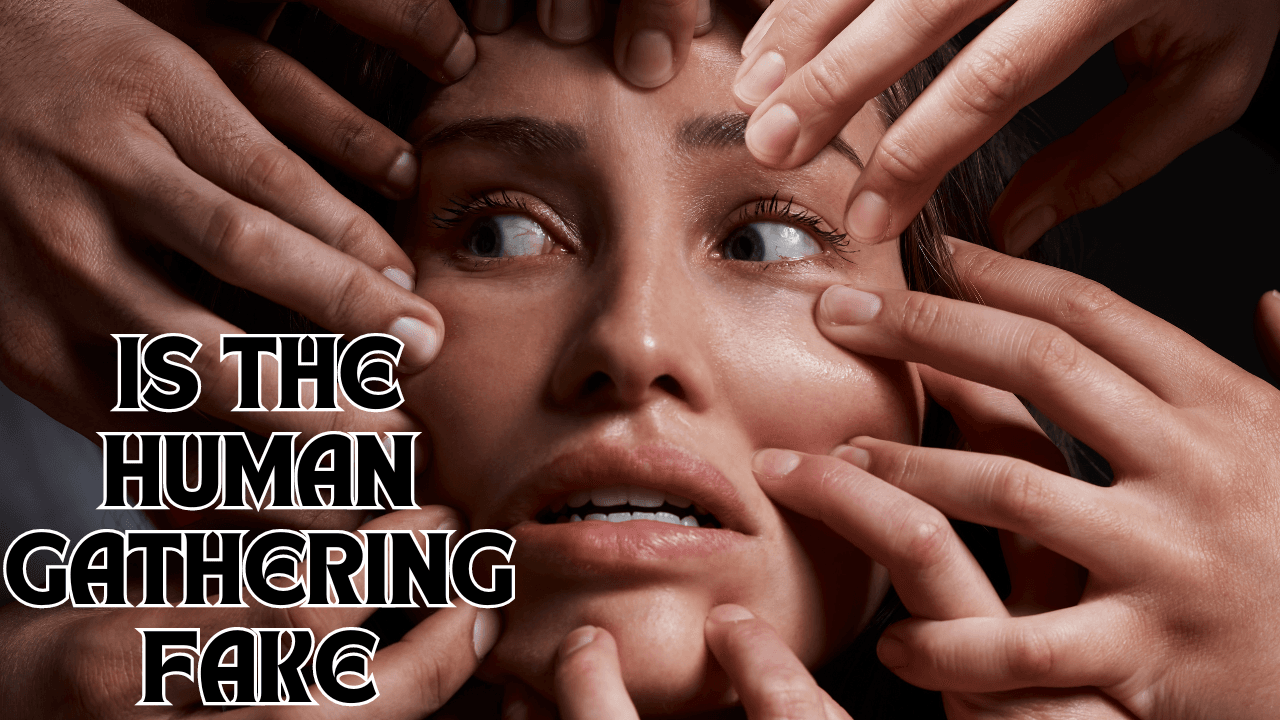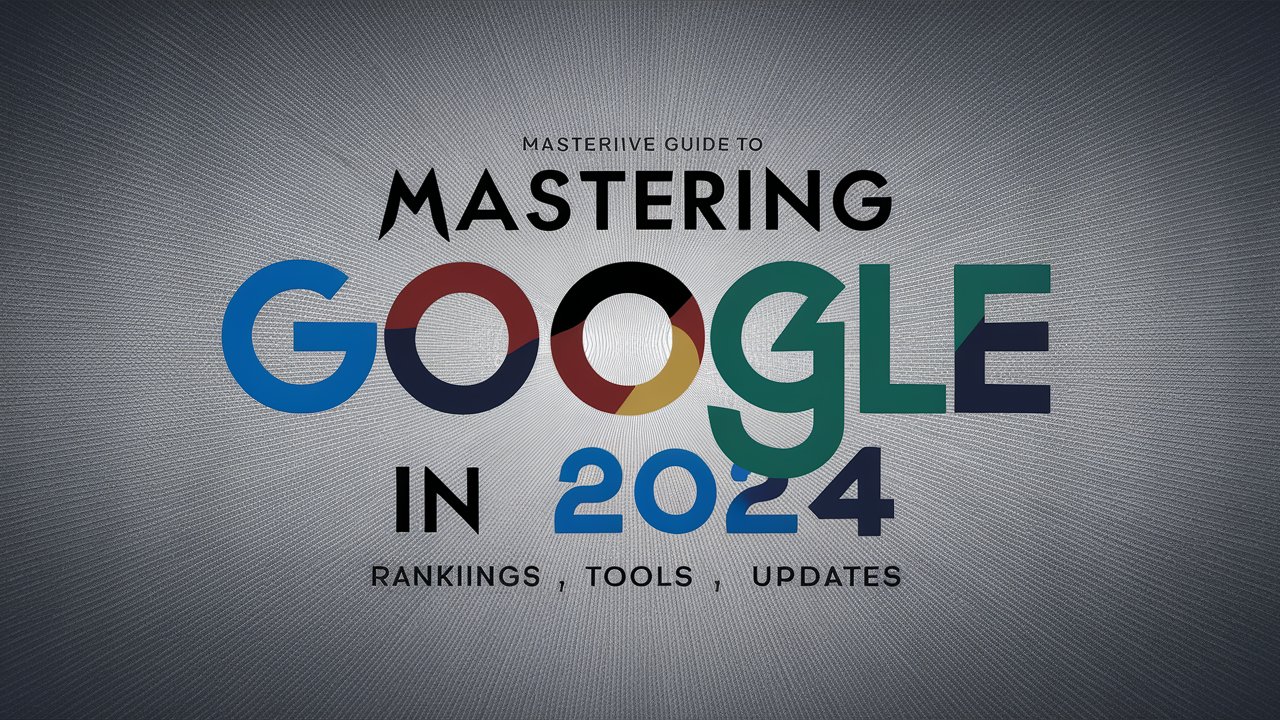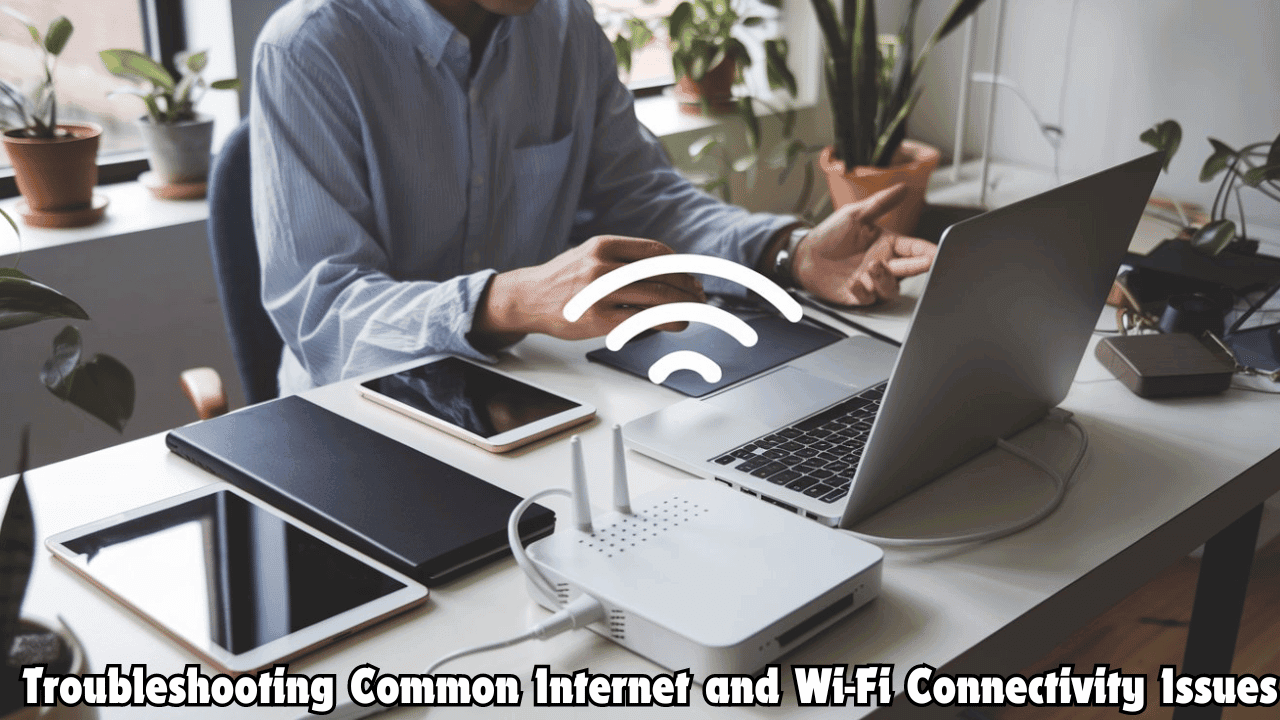The rise of digital connectivity has transformed how people interact, creating opportunities for virtual gatherings that offer both meaningful connections and, at times, misleading facades. Among the many digital events emerging “The Human Gathering” has sparked significant debate, with some questioning its authenticity. This article delves into the controversy, examining whether “The Human Gathering” is fake or a genuine effort to foster human connection.
Understanding the Concept of The Human Gathering
“The Human Gathering” is a private network that promotes itself as a platform for influential leaders to engage in meaningful interactions. It emphasizes integrity, character, and the cultivation of relationships that transcend traditional networking events. However, the increasing skepticism surrounding such events raises an important question: is “The Human Gathering” just another online facade, or does it genuinely fulfill its promise of fostering deep, authentic human connections?
Despite its lofty goals, critics argue that the event may not live up to its claims. With the prevalence of virtual interactions, the line between genuine and artificial gatherings has become blurred, leading to concerns about the authenticity of such platforms. This skepticism is fueled by instances of exaggerated claims and misleading promotions that prioritize appearance over substance.
Signs of a Fake Gathering
Identifying whether an event like “The Human Gathering” is fake involves looking for specific red flags that often accompany such gatherings. One of the most telling signs is a lack of physical presence. Many events that claim to bring people together often rely heavily on virtual interactions, which can lack the depth and richness of face-to-face connections. In the case of “The Human Gathering” participants may question whether the interactions they experience are truly meaningful or merely surface-level engagements designed to enhance the platform’s image.
Another common tactic employed by potentially fake gatherings is misleading advertising. Events may use sensational language and emotional appeals to attract participants, often exaggerating the significance or purpose of the event. These tactics can create an illusion of importance, leading attendees to invest time and resources in an experience that may not deliver on its promises.
The Impact of Fake Gatherings on Society
The proliferation of fake gatherings like those alleged in “The Human Gathering” has far-reaching implications for society. Such events can erode trust in online platforms and social networks, as users become increasingly wary of being misled. This erosion of trust can contribute to a sense of disconnection and isolation, as individuals prioritize virtual interactions over genuine, real-world connections.
Moreover, the spread of fake gatherings can perpetuate a culture of superficiality and insincerity. As people become more focused on appearances and social validation, the quality of human interaction suffers. This shift away from meaningful engagement can have a detrimental impact on society, leading to a breakdown in authentic relationships and a decrease in overall well-being.
How to Identify and Avoid Fake Gatherings
To protect oneself from falling victim to fake gatherings, it is essential to develop critical thinking skills and practice discernment. One effective approach is to cross-check information from multiple sources. Relying on a single source can increase the risk of being misled, as it may not provide a complete or accurate picture of the event. Verifying information by consulting credible websites and looking for corroborating evidence can help individuals make informed decisions.
Additionally, it is important to be wary of emotional appeals. Fake gatherings often use sensational language and scare tactics to evoke strong emotions and manipulate public opinion. By approaching such content with a critical eye and prioritizing reasoned arguments over emotional responses, individuals can avoid being swayed by misleading information.
Also Read: Why Prekldača is Essential for Your Multilingual Needs
Conclusion: The Importance of Genuine Connections
In today’s digital age, where virtual interactions are increasingly common, the importance of genuine human connections cannot be overstated. While events like “The Human Gathering” may offer the promise of meaningful engagement, it is essential to approach them with a healthy dose of skepticism. By prioritizing real-world interactions and fostering authentic relationships, individuals can navigate the digital landscape with integrity and purpose, ensuring that their connections are truly meaningful and fulfilling.
Ultimately, the question of whether “The Human Gathering” is fake is less important than the broader issue of how we, as a society, value and cultivate human connections. By staying vigilant and questioning the information we encounter, we can play a role in fostering a more informed and responsible online environment














Leave a Reply